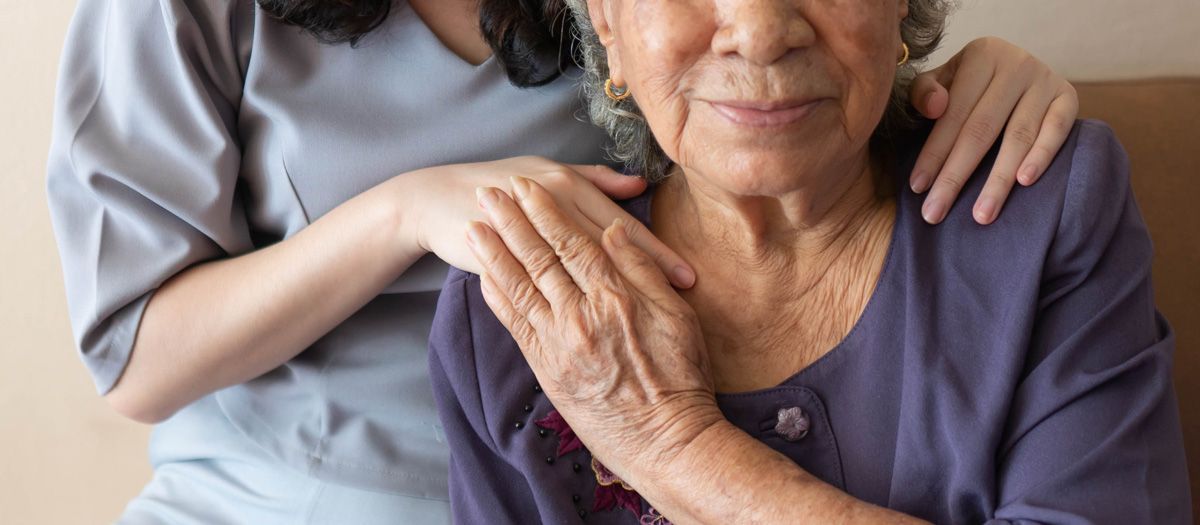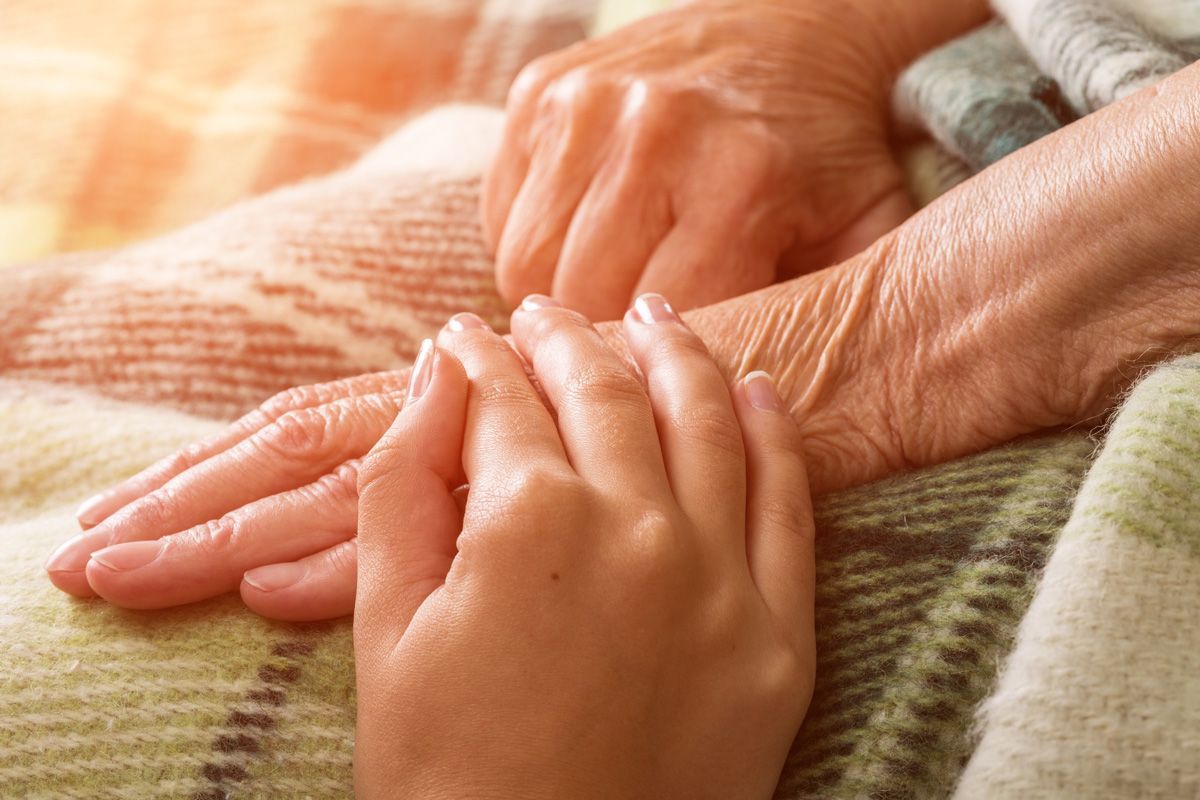Southwest Regional Hospice & Palliative Care Symposium
The Benefits of Hospice Care for Patients and Families
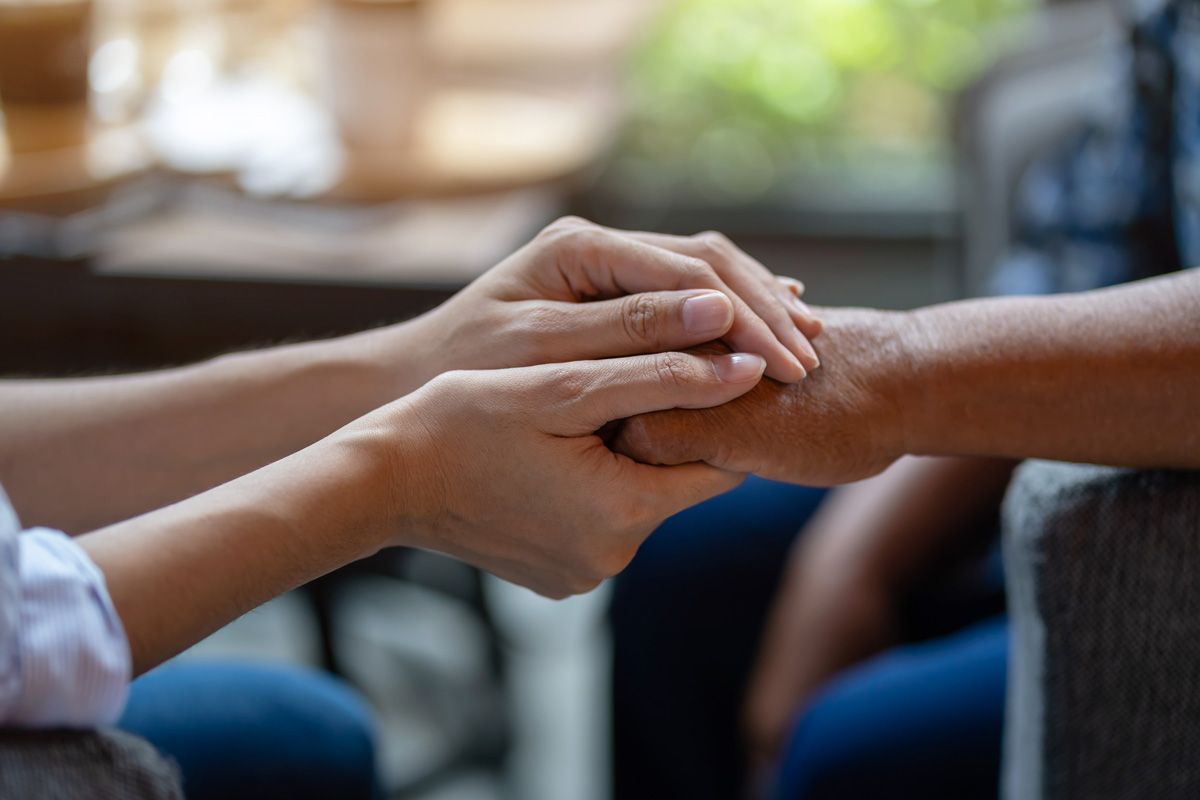
If you have a loved one who has been battling an illness for some time and is simply ready to be comfortable and cared for, consider hospice care in El Paso. Hospice care is a form of palliative care that's designed to make someone as comfortable as possible as they're dealing with an illness.
If you are interested in hospice care for yourself or a loved one, Hospice El Paso is here to help. Contact us
online or call
(915) 532-5699 today.
Offers a Safe, Familiar Environment
When someone is at the end stages of fighting a condition or disease, the last thing they need is to be stuck in a hospital. Instead, it's much better for them to be in a safe, familiar environment, such as their home. That's exactly what hospice care in El Paso is designed to do - provide palliative care and treatment from the comfort of your home.
Peace and Contentment
In addition to being extremely convenient and comforting, receiving care in your own home brings feelings of peace and contentment. You get to be in familiar surroundings in a place with fond memories and emotions. As such, you're more likely to feel at peace with your medical condition and content with the eventual outcome.
Time With Loved Ones
As hospice care professionals, we understand that your loved ones want nothing more than to spend as much time with you as possible. However, if you're at a hospital, there's only so much time that they can be there with you. If you're at home, however, your loved ones can be with you as much as they want to be because there's no such thing as visiting hours. Additionally, it's much easier for your loved ones to be there for you!
Personalized Care Plans
Another benefit of hospice care is that you can customize and personalize your care plan. We will honor whatever your wishes are in terms of medical and palliative care and push you as hard as you want to be pushed. Or, if you'd prefer to live out your days in comfort and cease treatments altogether, we'll provide the best palliative care in the industry.
Hospice Care in El Paso
If hospice care sounds right for you or a loved one, Hospice El Paso is here to help. Whether you want to be as comfortable as possible in your final days or continue receiving medical treatment, we're the team to call. We have one of the most talented and caring healthcare teams in the area, and we’re ready to serve you. Call (915) 532-5699 to learn more.
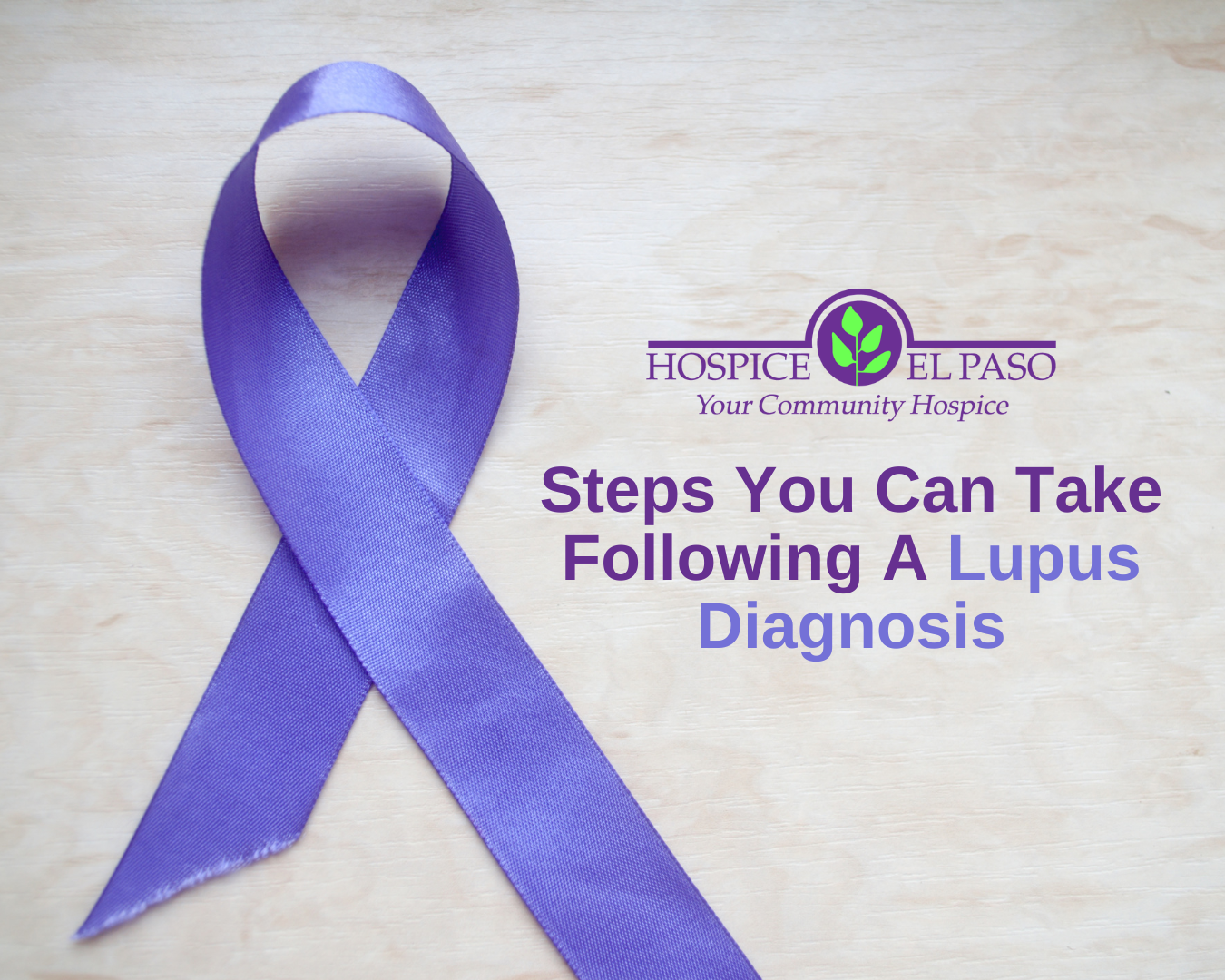
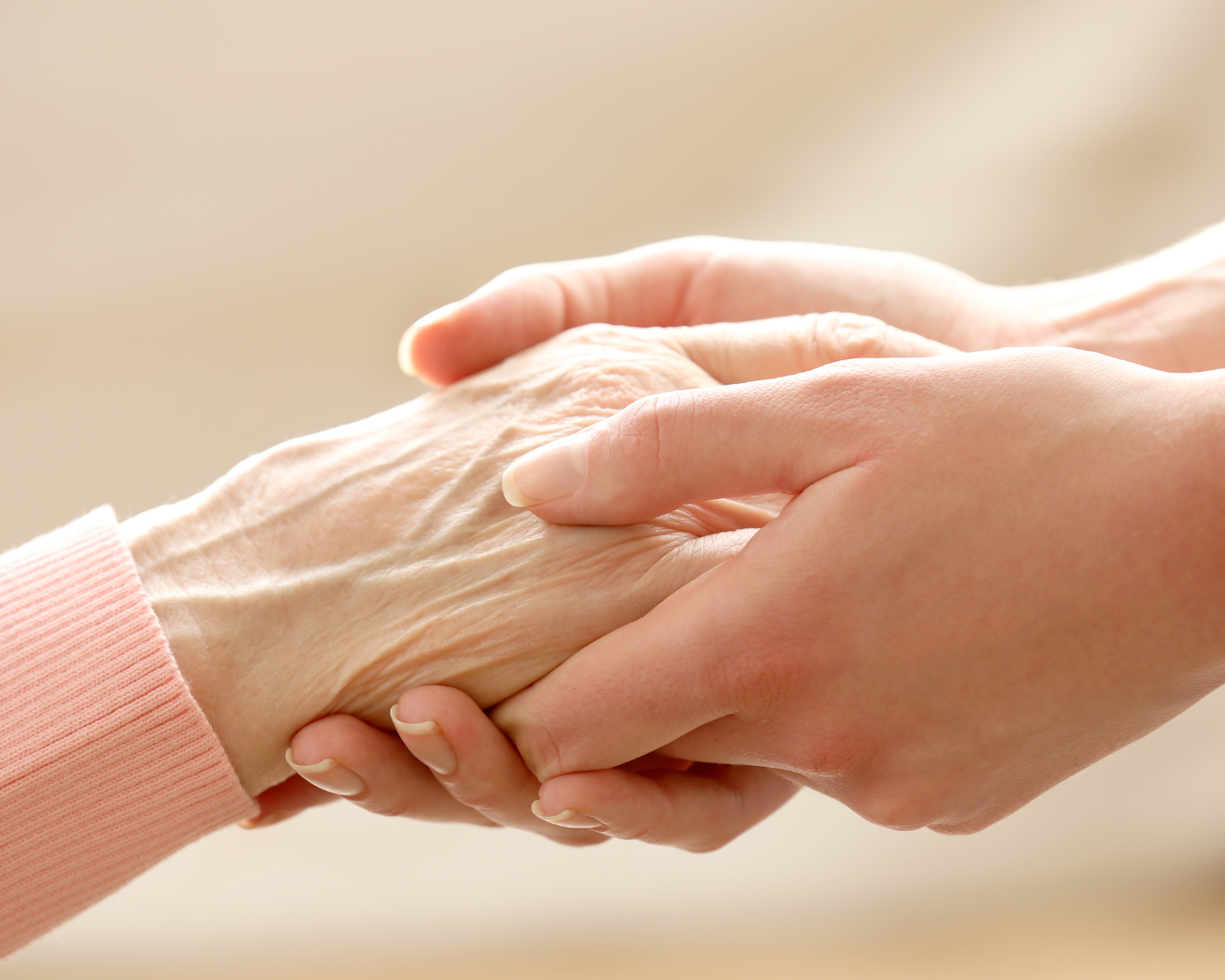
OUR SERVICES
OUR ORGANIZATION
Hospice El Paso is a recognized 501(c)3 charitable organization
Hospice El Paso is a recognized 501(c)3 charitable organization |
Copyright © 1982-2023 Hospice El Paso, All Rights Reserved
Copyright © 1982-2024 Hospice El Paso, All Rights Reserved |







